More than just investing for retirement, wealth management is the practice of preparing yourself and your family for the future. This includes not only watching your assets grow, but also taking care of those assets. One crucial way to do this is by creating important legal documents that can help manage your wealth. Even if you don’t consider yourself wealthy, the practice of estate planning is an essential step in making sure that you and your family are prepared for the future.
What is Estate Planning?
Estate planning is the practice of creating a plan to distribute your assets upon your death or disablement. When it comes to estate planning, most people think of having a will. However, that’s not the only important document that you should have.
Effective wealth management involves not just investing, but also taking the necessary legal steps to make sure that your wealth is in order no matter what happens to you. And though estate planning might sound fancy, it’s not just for those who are approaching retirement age. In fact, as a best-case scenario, estate planning should start in your 20s.
No matter what stage of life you find yourself in, the best time to get your assets in order is now. Let’s take a look at three of the most important documents everyone should have when it comes to estate planning. These are: a will, a healthcare power of attorney, and a financial power of attorney.
Will
A will is arguably the most important document you can have when it comes to managing your assets. Your will gives legal instructions for how you wish for your assets to be distributed after you pass. Wills are usually created with an attorney. They can be updated throughout the years. A will contains information about your designation of an executor, your beneficiaries, instructions for who will receive your assets and how, and guardians for any minor children.
A will streamlines the process of distributing your assets. Without one, the process can be very long and legally difficult for your family members. In many cases, this also causes family strife.
To make sure that your wishes are carried out, and to prevent unnecessary hardship on family members, we highly recommend making sure that you have an up-to-date will in place.
Healthcare power of attorney
A healthcare power of attorney is a document that declares the person whom you wish to make medical decisions on your behalf if you are unable. No matter your age, the future is never certain. If a medical emergency happens, it’s important to have this document ready. This ensures that your patient advocate (the person appointed by your healthcare power of attorney) can make important medical decisions on your behalf.
Financial Power of Attorney
Similar to a healthcare power of attorney, your financial power of attorney is the document that appoints the person who will make financial decisions on your behalf. This means that this person can manage your property and make other financial decisions. These decisions might include paying bills, collecting insurance benefits, and conducting other financial transactions.
Financial powers of attorney are durable in some states. This means that if you become incapacitated, your POA remains in effect.
Other documents
Your will, healthcare power of attorney, and financial power of attorney are the three most important documents that we recommend everyone have in order. Having these documents in place gives you peace of mind. With these documents, you know that if something happens to you, your property, health, and family will be taken care of according to your wishes.
Depending on your situation, a trust is another document that may be important for you to have legally in place. While a trust is a more expensive document to create, it does have its benefits over a will. Still, it’s not necessary for everyone. If you have minor children and more substantial assets, a trust may be something for you to consider.
What’s the difference between a will and a trust?
While a will takes effect upon death, a trust is in effect while the owner is still alive. Another big difference between a will and a trust is that a will must go through probate court before taking effect.
Estate Planning and More – Start Preparing Now for the Years Ahead
At Milestone Wealth Management, we know that there are a lot of decisions to make when it comes to preparing for your financial future. We believe in the importance of not only estate planning and saving for retirement, but also having a well-rounded financial plan. This includes other areas of financial health and preparation such as life insurance, understanding social security, charitable giving strategies, small business acquisition and sales, and so much more.
Have questions about your financial future? Check out these 25 ways that Milestone Wealth Management can help you, or contact us today to schedule a meeting!
This material is not intended to replace the advice of a qualified tax advisor, attorney, or accountant. Consultation with the appropriate professional should be done before any financial commitments regarding the issues related to the situations above are made.

